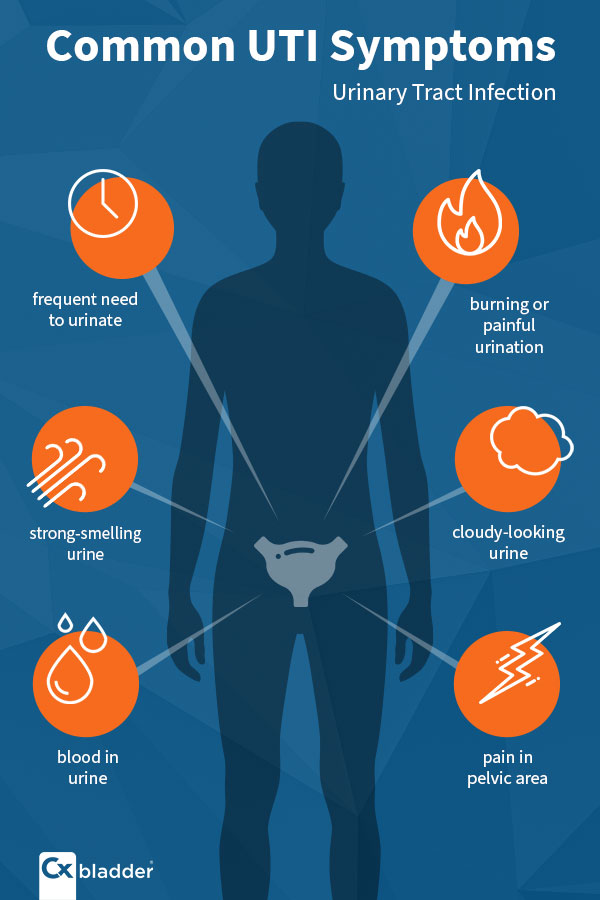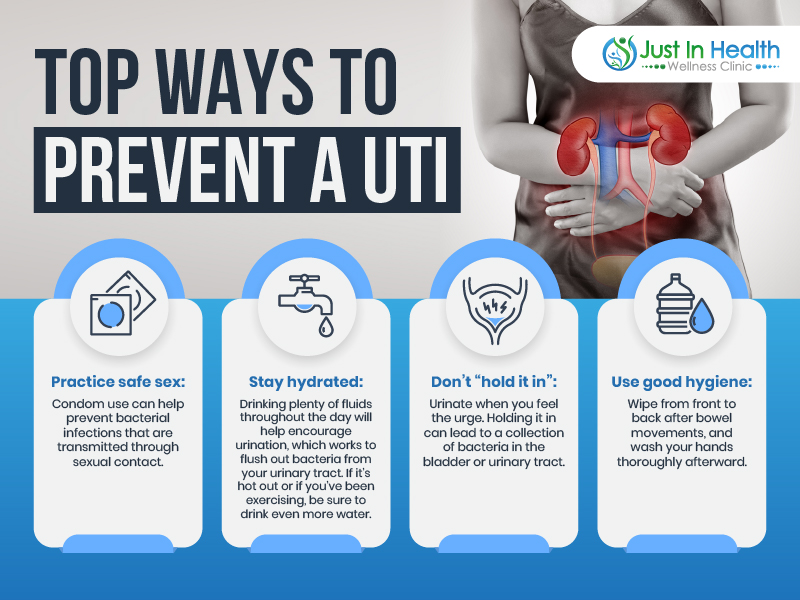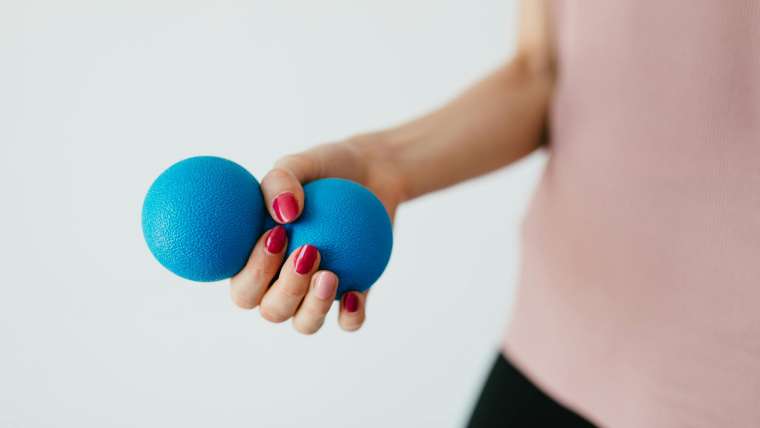Discover the secrets to relieving UTI pain and preventing kidney infections with these expert tips and natural remedies.
Table of Contents
- Introduction to UTI and Kidney Infections
- What is a UTI?
- When UTIs Become Kidney Infections
- Easing UTI Pain at Home
- Going to the Doctor for UTIs
- Understanding Bacterial Vaginosis and Yeast Infections
- Treatments and Medicines
- Preventing UTIs and Kidney Infections
- Fun Facts About Kidneys and Bladder
- Reviewing What We’ve Learned
- Frequently Asked Questions (FAQs)
Introduction to UTI and Kidney Infections
Let’s start by talking about urinary tract infections (UTIs) and kidney infections. These infections can be uncomfortable and sometimes scary, but don’t worry, we’re here to explain everything in a way that’s easy to understand.
First, a UTI is an infection in your urinary tract. This is the system in your body that makes and gets rid of pee. When germs like bacteria get into your urinary tract, they can cause an infection. This can make you feel yucky and might even affect your kidneys if not taken care of.
Your kidneys are important because they help filter waste and extra stuff out of your blood to make pee. When a UTI moves up to your kidneys, it becomes a kidney infection. This is a more serious problem that can make you feel even sicker.
So, it’s crucial to pay attention to your bladder health and take care of any UTIs before they turn into kidney infections. Stay with us as we explore more about these infections and how to feel better if you have one.
What is a UTI?
We will explain what a urinary tract infection (UTI) is, focusing on how it can make you feel and why it’s important to take care of your bladder’s health.
UTI Symptoms
UTI Symptoms are the signs that might tell you there’s a UTI making trouble. These can include:
- Pain or burning sensation when you pee
- Needing to pee more often than usual
- Feeling like you can’t empty your bladder completely
- Pee that looks cloudy or smells bad
It’s essential to pay attention to these symptoms and let an adult know if you’re experiencing them. UTIs can be uncomfortable, but they can be treated, so it’s crucial to seek help if you think you might have one.
Remember, drinking plenty of water, going to the bathroom when you need to, and keeping your private area clean can all help prevent UTIs and keep your bladder healthy.
When UTIs Become Kidney Infections
Sometimes urinary tract infections (UTIs) can creep up from the bladder and reach the kidneys, causing what we call a kidney infection. Let’s take a closer look at how this happens and what it means for your body.
Image courtesy of www.quora.com via Google Images
How UTIs Travel to the Kidneys
UTIs usually start in the bladder, where bacteria can multiply and cause discomfort. If left untreated, these bacteria can travel up the ureters (tubes that connect the bladder to the kidneys) and infect the kidneys. Once the kidneys get infected, it can be more serious and require different treatment.
What Kidney Infections Feel Like
When a UTI turns into a kidney infection, you might feel sicker than before. Symptoms can include high fever, nausea, vomiting, and pain in the back or side. It’s essential to recognize these signs and seek medical help promptly.
Remember, kidney infections are more severe than UTIs and can lead to complications if not managed swiftly. If you suspect a kidney infection, it’s crucial to see a doctor as soon as possible for proper diagnosis and treatment.
Easing UTI Pain at Home
When a urinary tract infection (UTI) strikes, it can be uncomfortable and painful. But don’t worry, there are some simple tricks you can try at home to help ease the pain and discomfort.
Stay Hydrated
Drinking plenty of water is essential when you have a UTI. It helps flush out the bacteria causing the infection and can also help reduce pain while urinating.
Use Heating Pads
Applying a heating pad to your lower abdomen can provide relief from the pain and cramping associated with UTIs. The warmth can help relax your muscles and soothe discomfort.
Take Over-the-Counter Pain Medication
You can also take over-the-counter pain medication like ibuprofen or acetaminophen to help alleviate the pain and fever that may accompany a UTI. Just make sure to follow the recommended dosage.
Urinate Frequently
It’s important to empty your bladder frequently when you have a UTI. Holding in urine can worsen the infection and lead to more discomfort. Make sure to go to the bathroom whenever you feel the urge.
By following these simple home remedies, you can help ease the pain of a UTI while waiting for medical treatment.
Going to the Doctor for UTIs
A doctor can be your best ally in fighting UTIs. It’s essential to know when you might need to visit a doctor and how they can help you get better.

Image courtesy of www.cxbladder.com via Google Images
When to Visit a Doctor
If you’re experiencing symptoms like burning during urination, frequent trips to the bathroom, or cloudy, foul-smelling urine, it’s a good idea to see a doctor. These could be signs of a UTI. Additionally, if you have UTI symptoms that don’t improve within a day or two of home remedies, it’s time to seek medical help.
How a Doctor Can Help
When you visit a doctor for a UTI, they will ask you questions about your symptoms and do a simple urine test to confirm the infection. Based on the results, they may prescribe antibiotics to kill the bacteria causing the infection. It’s important to take all the medication exactly as your doctor instructs to ensure the infection is fully treated.
For some people, especially those prone to recurrent UTIs, the doctor may recommend further tests or preventative measures to reduce the chances of future infections. Remember, your doctor is there to help you feel better and prevent any complications from UTIs, like kidney infections.
Understanding Bacterial Vaginosis and Yeast Infections
When it comes to infections that can affect your intimate areas, two common ones to be aware of are bacterial vaginosis and yeast infections. Even though they can cause similar symptoms, it’s essential to understand the differences between them.
Bacterial Vaginosis Explained
Bacterial vaginosis is caused by an imbalance of bacteria in the vagina. This imbalance can lead to symptoms like unusual discharge, itching, and a fishy odor. It’s crucial to treat bacterial vaginosis to prevent it from causing discomfort and further complications.
Yeast Infections Unpacked
Yeast infections, on the other hand, are caused by an overgrowth of yeast in the vaginal area. Symptoms of a yeast infection may include itching, swelling, and a thick, white discharge. While yeast infections are common, they can be easily treated with medications.
Knowing the symptoms and differences between bacterial vaginosis and yeast infections can help you identify the issue and seek appropriate treatment.
Treatments and Medicines
When you have an infection like a UTI or kidney infection, medicine can be like a superhero coming to the rescue. These medicines are designed to fight the bad bugs, like bacteria or fungi, that are causing trouble in your body. They help your immune system fight off the infection faster and more effectively.
Image courtesy of www.quora.com via Google Images
Types of Medicines
There are different types of medicines that your doctor might prescribe to help you get better. For urinary tract infections (UTIs), you may get antibiotics. These medications can kill the bacteria causing the infection. For kidney infections, you might need stronger antibiotics, and in severe cases, you may need to be hospitalized for treatment.
Yeast Infection Treatment
If you have a yeast infection, the treatment might involve antifungal medicines. These drugs work specifically to target the yeast that’s causing the infection. They can come in different forms, such as creams, pills, or suppositories, depending on the severity of the infection.
Following the Doctor’s Instructions
It’s essential to take your medicines exactly as your doctor tells you. Even if you start feeling better, always finish the full course of medication. This ensures that all the harmful bacteria or fungi are completely gone from your body, reducing the chances of the infection coming back stronger.
Staying Hydrated and Resting
While medicines play a vital role in treating infections, it’s also crucial to drink plenty of water and get enough rest. Staying hydrated helps flush out toxins from your body and supports your immune system in fighting off the infection. Resting allows your body to focus its energy on healing.
By following your doctor’s advice and taking your medicines properly, you’ll be on your way to feeling better and getting back to your usual self in no time!
Preventing UTIs and Kidney Infections
In order to avoid dealing with the discomfort of urinary tract infections (UTIs) and the more serious kidney infections, it’s important to take some proactive steps to keep your bladder healthy. Here are some tips to help you prevent these troublesome infections:
Drink Plenty of Water
Staying hydrated is key to flushing out bacteria from your urinary tract and preventing infections. Aim to drink at least eight glasses of water a day to keep your bladder happy and healthy.
| Question | Answer |
|---|---|
| What are common symptoms of a kidney infection? | Fever, chills, back pain, frequent urination, cloudy or foul-smelling urine |
| How is a kidney infection diagnosed? | Through a urine sample analysis, blood tests, and possibly imaging tests like a CT scan |
| What are the recommended treatments for a kidney infection? | Antibiotics prescribed by a doctor, plenty of rest, and increased fluid intake |
| How long does it take to recover from a kidney infection? | Most people start feeling better within a few days of starting antibiotic treatment, but it may take up to a week to fully recover |
| Can a kidney infection lead to complications? | Yes, if left untreated, a kidney infection can lead to permanent kidney damage or a life-threatening infection |
Practice Good Hygiene
Always remember to wipe from front to back after using the restroom. This simple habit can help prevent bacteria from entering your urethra and causing infections. Additionally, make sure to keep your genital area clean and dry to reduce the risk of UTIs.
Frequent Bathroom Breaks
Don’t hold your urine for long periods of time. When you feel the need to go, make sure to visit the bathroom right away. Holding urine can allow bacteria to multiply in your bladder, leading to infections.
Cranberry Juice
Drinking cranberry juice or taking cranberry supplements may help prevent UTIs by preventing bacteria from sticking to the walls of your urinary tract. However, make sure to choose unsweetened cranberry juice to avoid the extra sugar.
Avoid Irritants
Avoid using irritating products like scented hygiene sprays, douches, and harsh soaps in your genital area. These products can disrupt the natural balance of bacteria and increase the risk of UTIs.
By following these simple tips and maintaining good bladder health practices, you can significantly reduce your chances of developing UTIs and kidney infections. Prevention is always the best medicine when it comes to staying healthy!
Fun Facts About Kidneys and Bladder
Did you know that your kidneys are like super filters in your body? They clean your blood and make urine to get rid of waste. Without them, all that junk would stay inside you!

Image courtesy of justinhealth.com via Google Images
Your Kidneys Are Bean-Shaped
Your kidneys are shaped like beans and are about the size of your fist. They may be small, but they do a big job in keeping your body clean and healthy.
Kidneys Work 24/7
Your kidneys are always working, even when you’re asleep. They never take a break from filtering out waste and making urine to keep you feeling good.
Your Bladder Can Stretch
Ever wonder how your bladder can hold so much pee? It’s because your bladder is like a stretchy balloon that grows as it fills up with urine. It can hold up to 2 cups of pee!
Isn’t it amazing how your kidneys and bladder work together to keep you healthy and feeling great?
Reviewing What We’ve Learned
So far, we’ve covered a lot of ground when it comes to understanding urinary tract infection (UTI), kidney infection, bladder health, bacterial vaginosis, and yeast infections. Let’s quickly recap the key points to make sure you’ve got it all figured out!
What is a UTI?
A UTI, short for urinary tract infection, is when bacteria get into your bladder, urethra, or kidneys and cause discomfort. It’s important to take care of your bladder’s health to prevent UTIs.
UTI Symptoms
If you start feeling pain or a burning sensation while peeing, have to go to the bathroom frequently, have a fever, or notice cloudy or smelly urine, it might be a sign that you have a UTI.
When UTIs Become Kidney Infections
UTIs can sometimes spread to your kidneys if not treated promptly. This can lead to more serious symptoms like back pain, nausea, and vomiting. It’s essential to seek medical help if you suspect a kidney infection.
Easing UTI Pain at Home
Home remedies like drinking plenty of water, applying a heating pad to your abdomen, and taking over-the-counter pain relievers can help alleviate the discomfort caused by UTIs.
Going to the Doctor for UTIs
If your symptoms persist or worsen, it’s crucial to see a doctor. They can prescribe antibiotics to treat the infection effectively and prevent complications like kidney infections.
Understanding Bacterial Vaginosis and Yeast Infections
While similar to UTIs, bacterial vaginosis and yeast infections require different treatments. It’s essential to know the differences between these infections to seek appropriate care.
Treatments and Medicines
Medications like antibiotics are commonly used to treat bacterial infections, while antifungal medications are used for yeast infections. It’s essential to follow your doctor’s guidance when taking these medications.
Preventing UTIs and Kidney Infections
Maintaining good bladder health by staying hydrated, practicing good hygiene, and emptying your bladder regularly can help prevent UTIs and kidney infections. Prevention is always better than cure!
Fun Facts About Kidneys and Bladder
Your kidneys and bladder are hard at work every day to keep your body functioning properly. Did you know that your kidneys filter about 200 liters of blood daily to produce about 2 liters of urine?
Frequently Asked Questions (FAQs)
What causes a UTI to turn into a kidney infection?
When a urinary tract infection (UTI) isn’t treated promptly, the infection-causing bacteria can travel up from the bladder to the kidneys, causing a kidney infection. It’s essential to recognize the symptoms of a UTI and seek medical attention to prevent it from progressing to a more severe kidney infection.
Can I ease UTI pain at home without medication?
While it’s crucial to consult a doctor for proper treatment of a UTI, there are some home remedies that can help ease discomfort. Drinking plenty of water, applying a heating pad to your lower abdomen, and practicing good hygiene habits are some ways to relieve UTI pain mildly.
What are the common symptoms of a UTI?
Usually, a UTI can cause symptoms such as a frequent and strong urge to urinate, a burning sensation when urinating, cloudy or strong-smelling urine, and pelvic pain. If you experience any of these symptoms, it’s essential to consult a healthcare provider for proper diagnosis and treatment.
How can I prevent UTIs and kidney infections?
Maintaining good bladder health is key to preventing UTIs and kidney infections. Drinking plenty of water, practicing good hygiene, urinating after intercourse, and avoiding irritants like harsh soaps can help prevent these infections. It’s also essential to seek prompt treatment for UTIs to prevent them from progressing to kidney infections.





